Top 5 USB Host Shield Manufacturers in the World
USB Host Shields enhance microcontroller connectivity, influenced by IoT growth and DIY trends, with top manufacturers including SparkFun and Adafruit.
Within the domain of developing electronics, USB Host Shields continue to provide much-needed functionality to microcontrollers for communication through the interface with all manners of devices. It has grown to become a major growth factor in projects ranging from simple DIY testing to complicated industrial systems. With a growing requirement for connectivity solutions, there comes an element of knowing the leading manufacturers in the USB Host Shield market and factors that influence expansion in the sector. This article delves into the top manufacturers and the key forces shaping the global market for USB Host Shields.
Driving Factors for the Global USB Host Shield Market
Proliferation of Microcontrollers: Microcontrollers have been in increasing demand both in consumer and industrial markets. It is about time such versatile components should have strong connectivity options to interface them to a myriad of devices. The USB Host Shields provide the necessary bridge, allowing microcontrollers to connect with USB peripherals and extend their functionality and enhance system capabilities.
IoT on the Rise: IoT is the mainstay of modern technology and requires flexible and firm connectivity solutions. USB Host Shields assist microcontrollers in connecting with several peripherals, including sensors and cameras, which form the backbone of IoT systems. Their capability to be easily integrated with these devices makes them crucial in the sphere of IoT applications.
DIY and Maker Movements: The recent explosion of interest in makers/DIY projects in electronics has greatly increased demand for USB Host Shields. These applications require hobbyist, enthusiast, and educator needs that can be practical and user-friendly, thereby enabling innovations and ideas to become reality. This is where USB Host Shields provide the necessary connectivity for creativity and experimentation to take place in both a maker space and an educational environment.
Integration into Education: This is where, with growing emphasis on the inclusion of electronics and robotics into educational curricula, the USB host shield becomes a fundamental tool for teaching and learning. They give students hands-on insights into how to integrate USB and further the knowledge of microcontrollers in them, thus creating generations of tech-savvy innovators.
Technological Advancements: Continuous progress in hardware and software has led to the development of more efficient, compact, and feature-rich USB Host Shields. It expands their application range, making them appealing for a growing spate of industries and use cases.
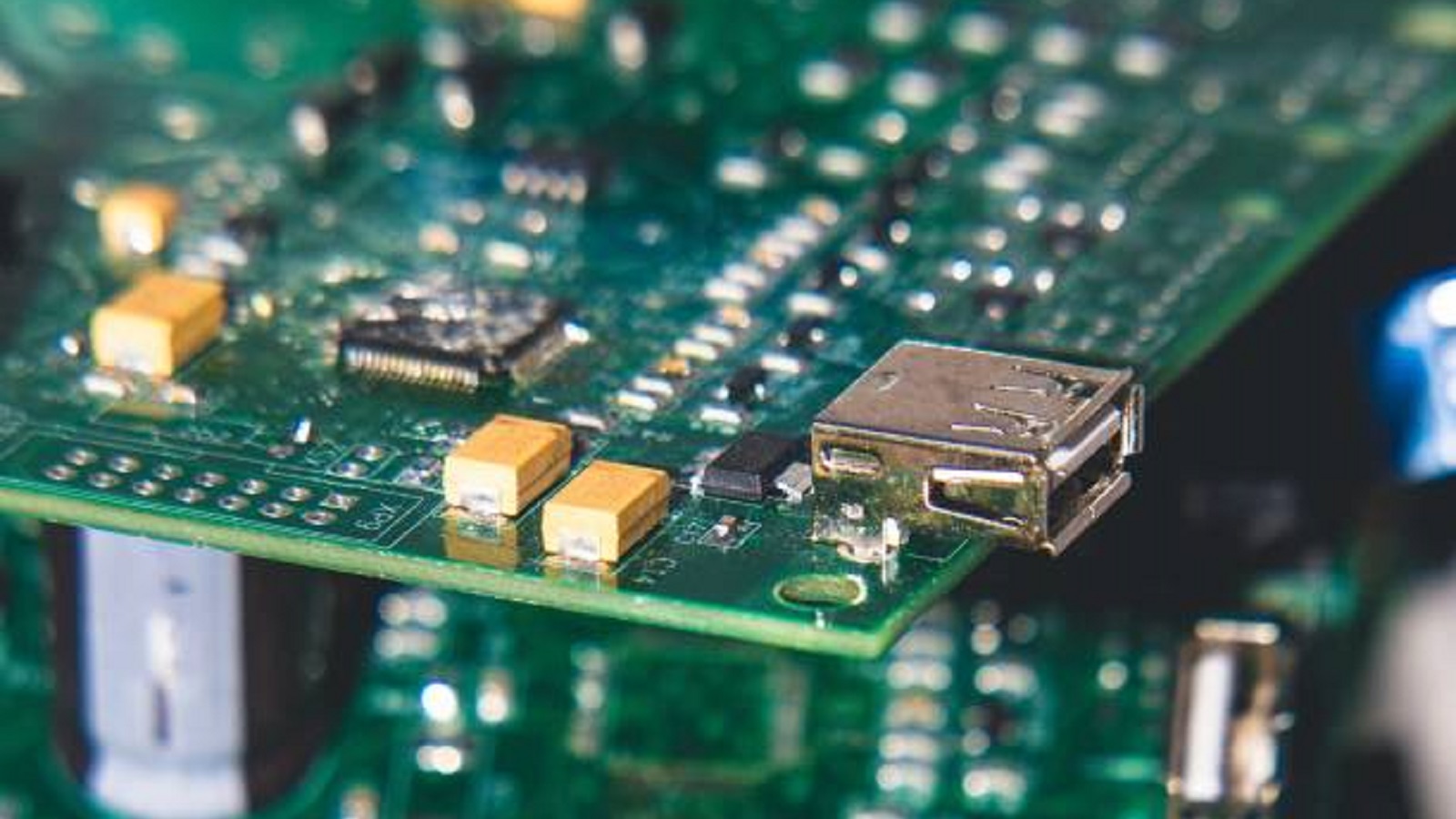
Top 5 USB Host Shield Manufacturers
With these driving factors, a number of manufacturers are leading in the provision of quality USB Host Shields. Below is an account of the top five, with their advantages and possible drawbacks.
SparkFun Electronics
Pros: SparkFun is synonymous with open-source electronics, and they provide really powerful USB Host Shields with great documentation and community support. Their shields are very user-friendly; as a matter of fact, they are recommended for both beginners and experts. They also have pretty good compatibility with different microcontroller platforms.
Cons: While reliable, SparkFun's products tend to be in the higher price ranges compared to some alternatives, and this may be a slight disadvantage for users who want to keep within a budget. Their current target markets, too, are generally aimed at the educational and hobbyist sectors, which may limit more industrial or large-scale applications.
Adafruit Industries
Pros: Adafruit has a reputation for the best DIY electronics and has some great tutorials and community to support makers of all levels for USB Host Shields. Products made by them are reliable and easy to integrate.
Cons: One downside with the Adafruit focus on accessibility is that it could mean fewer advanced functionalities compared to other brands, which may be limiting to serious professional developers.
DFRobot
Pros: DFRobot USB Host Shields are innovative, tough, and suitable for education and industrial projects alike. Easy to integrate with platforms like Arduino and robust.
Cons: Supplies are inconsistent outside of China. The company has robust documentation; however, sometimes it is in a language that may restrict some non-Chinese-speaking users. Seeed Studio (China)
Pros: Being modular electronic pioneers, Seeed Studio offers a line of versatile USB Host Shields for projects in the IoT and modular sphere. These shields are backed with strong technical support, coupled with an extremely vibrant community that may be useful both when learning and developing.
Cons: The highly modular nature of Seeed Studio products, while very customizable, might be prone to issues of compatibility or additional components to realize full functionality, hence overcomplicating a project or raising the cost.
Olimex Ltd
Pros: Olimex manufactures solid open-source hardware. Hence, their USB Host Shields will be strong, multi-functional, functionally compatible with most hardware, and ideal for industrial use. Their quality culture assures dependability for multiple uses.
Cons: Their disadvantages may include a probable focus on the European market and hence limited availability in other parts of the globe and though they have good documentation, it is not as easily digestible by beginners as it would be if coming from other brands.
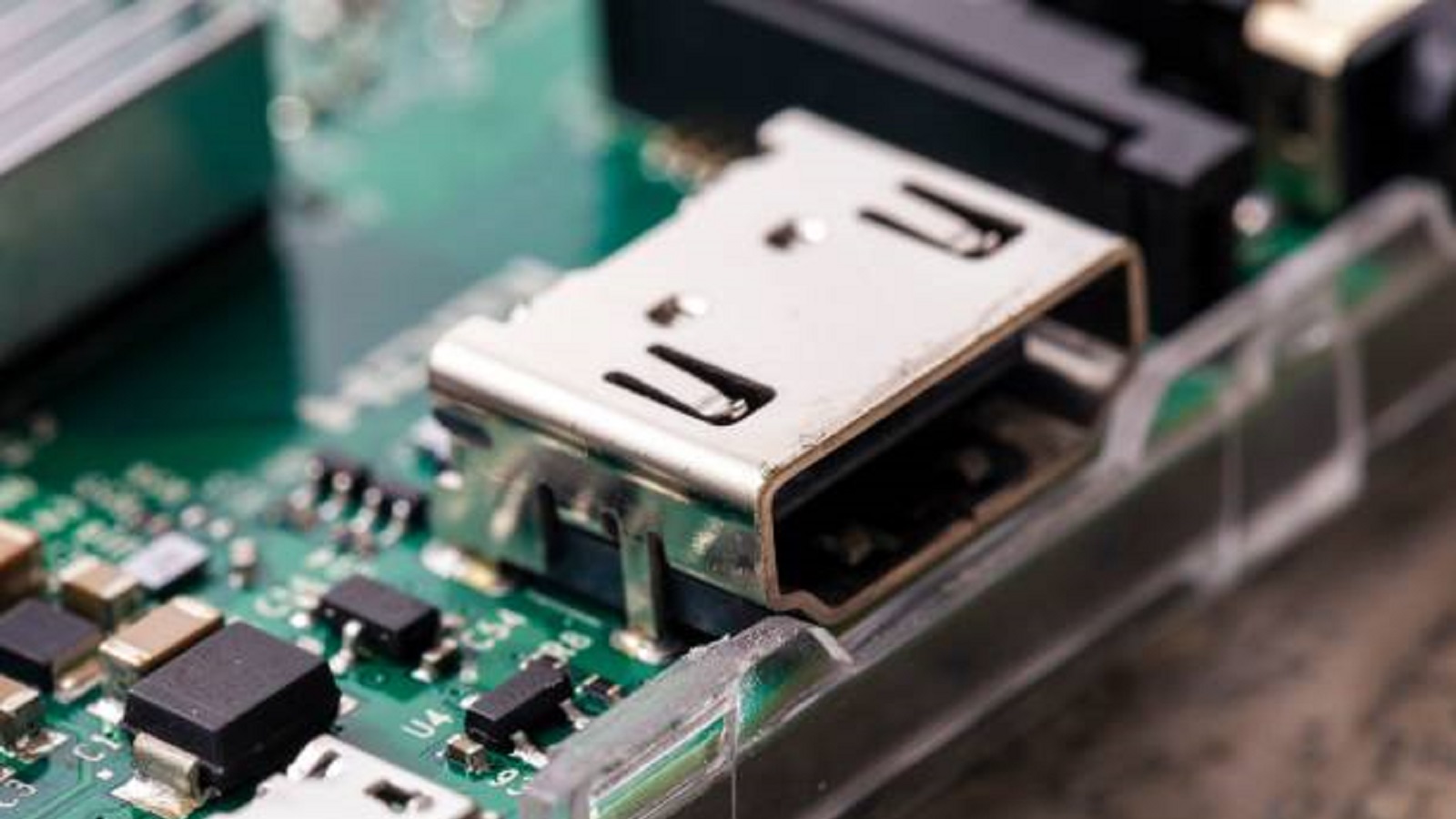
Driving forces in a global USB Host Shield market presently include expansion of microcontrollers' areas of application, propagation of IoT technologies, and growth of DIY and educational activity in electronics. It enables consumers-be they educators, hobbyists, or industry professionals-to find the correct USB Host Shields for their project by investigating the top manufacturers. Understanding the capabilities and relative limitations of various manufacturers permits users to make informed choices that enhance connectivity and capability for their electronic projects. The selection of a reliable PCB assembly partner will be very important for those who intend to use USB Host Shields in more complicated systems. Think about PCBX for your PCB assembly needs, as they provide quality services to ensure maximum integration and high performance of your electronic components. Rich experience in precision manufacturing and paying great attention to every detail make PCBX one of the most valued players in the functional development of your USB Host Shield applications.
Hot Tags:
Contact us

If you can't find what you're looking for, please contact us.
Article
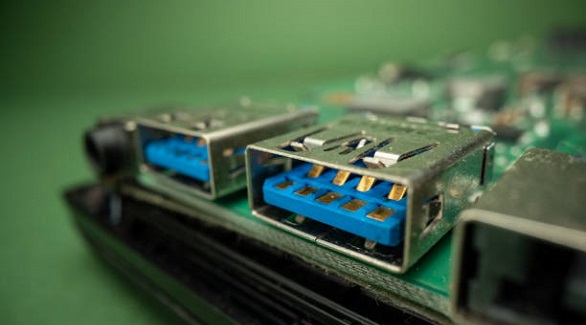
USB Host Shields expand microcontroller functionalities by enabling USB connectivity, crucial for applications in DIY projects, IoT, and prototyping environments.
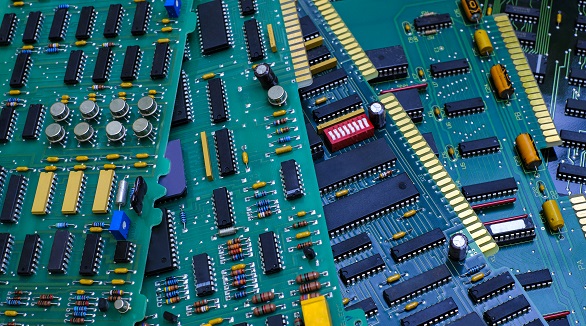
Mixed Assembly PCBs combine Surface Mount Technology (SMT) and Through-Hole Technology (THT) for high-performance, compact, and reliable circuit boards. This integration leverages both technologies to enhance reliability, component selection, flexibility, and efficiency. Used in CPUs, IoT hardware, and more, they offer economic, efficient manufacturing for versatile applications in modern electronics.
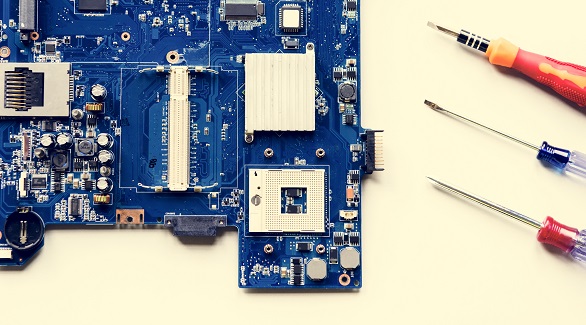
PCBX offers reliable, low-cost, low-volume PCB assembly with custom specs, superior quality control, and excellent customer support, ensuring high customer satisfaction.